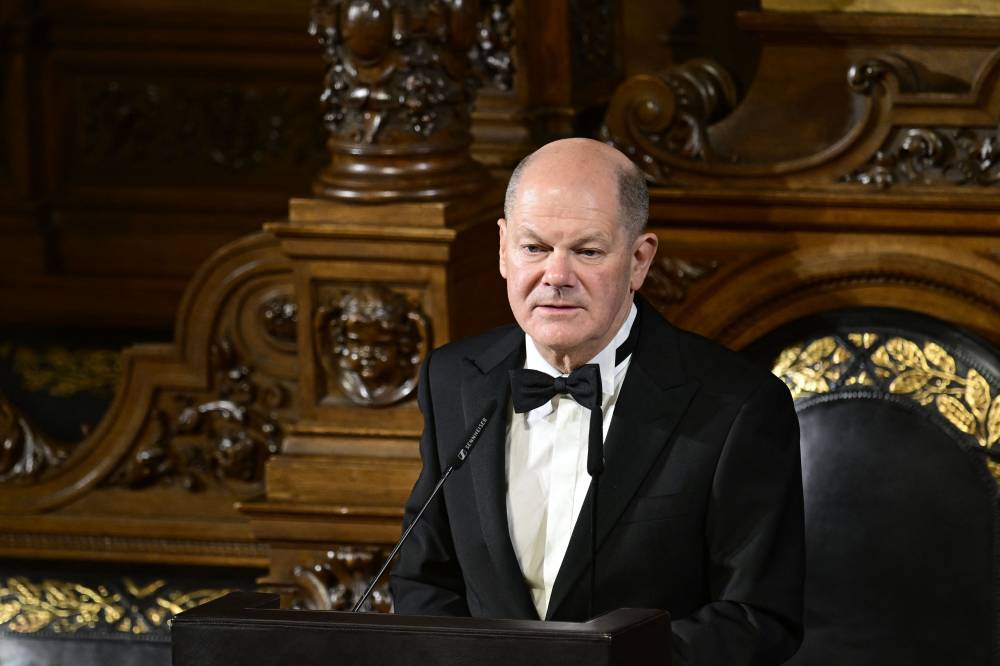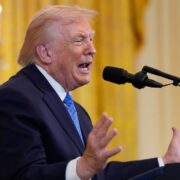German far right’s success sparks rush to Tiktok

BERLIN—Spooked by the far right’s success in reaching youth voters via TikTok, Germany’s political heavyweights are trying to muscle their way onto the social media platform ahead of June’s European elections.
Chancellor Olaf Scholz made his unexpected debut on the platform in April, promising he won’t be caught dancing. Vice chancellor Robert Habeck followed soon afterward.
The timing of the German leaders’ moves to join TikTok appeared to fly in the face of growing concerns in the West over the video-sharing network.
Launched in 2016 by Chinese company ByteDance, TikTok has been threatened with a ban in the United States over concerns about espionage, while the EU is investigating whether its spinoff Lite app poses a risk to young users’ mental health.
But the network’s reach among young people has even led US President Joe Biden to tap it for his election campaign.
‘Eye opener’
In Germany, the far-right Alternative for Germany (AfD) has been by far the most successful political party on TikTok, originally known for its dance videos and challenges.
Ulrich Siegmund, a member of parliament for the AfD, said his party’s engagement on the network has helped “many, many people to open their eyes.”
Surveys suggest the party’s TikTok drive has coincided with a boom in its popularity among young people.
According to a major poll published in April, the AfD is now the favorite party among young people aged 14 to 29.
The AfD has succeeded in speaking “directly to young people, in a personal way, with emotional messages,” political consultant Johannes Hillje told the Agence France-Presse.
AFP is one of the world's three major news agencies, and the only European one. Its mission is to provide rapid, comprehensive, impartial and verified coverage of the news and issues that shape our daily lives.

















